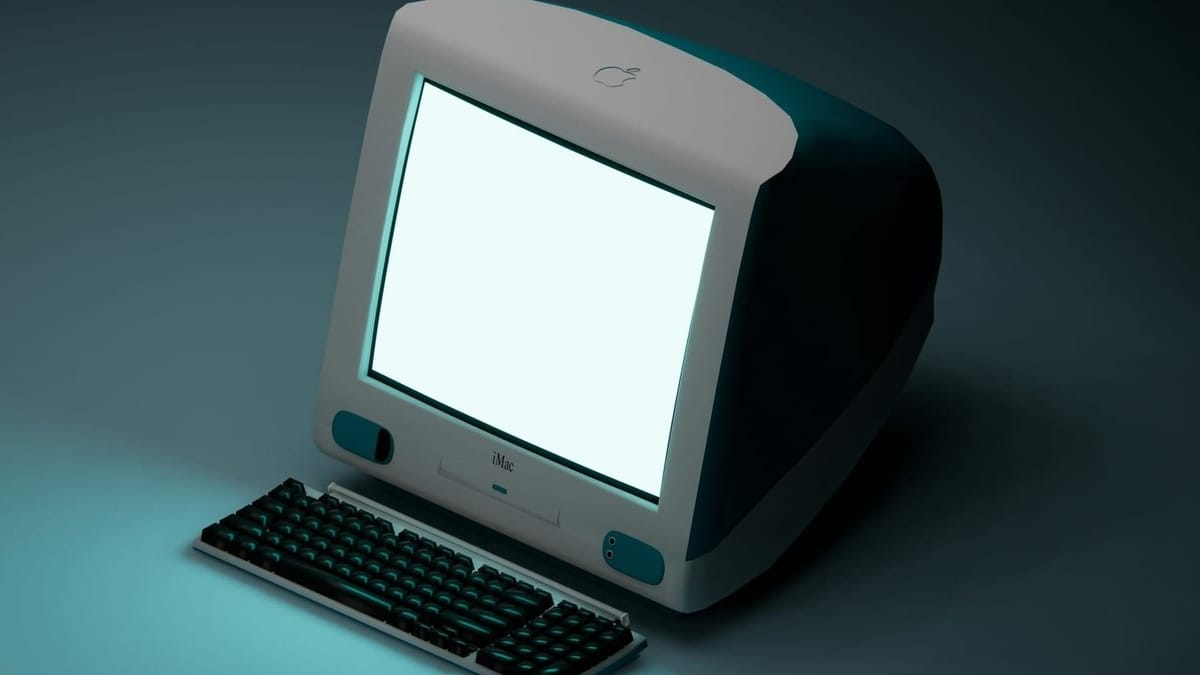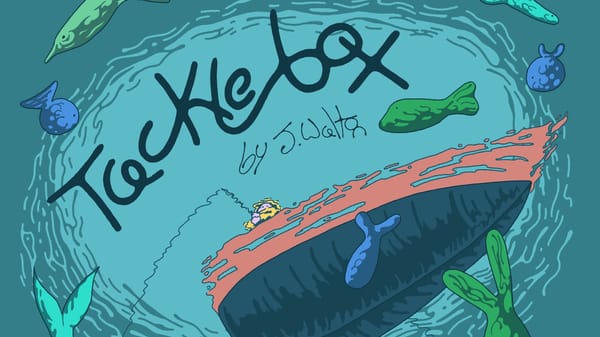Tiny Table Index, a directory for small and solo TTRPGs, has shuttered
When hobbyist projects become overwhelming.

60,413; that’s the eyewatering number of tabletop games hosted on itch.io under the “physical games” category, and that number is not even inclusive of other supplements and books on the platform, which are housed under another list. Discoverability is a perennial problem, and it’s why Luke Miller, the TTRPG designer best known for his solo roleplaying game Journey, set up the Tiny Table Index in the first place. A directory for solo and duet RPGs, Tiny Table Index was largely reliant on Miller and the community to submit and tag new entries.
However, Tiny Table Index was recently shuttered by the creator himself. “After a year of server costs, manually processing and reviewing submissions, and a backend that never got past feeling like it might shake apart if I looked at it sideways, it just felt like the project wasn’t as enjoyable for the amount of work it required, especially if I wanted to keep it going long term,” said Miller to Rascal via email.
Having designed and published solo RPGs for a few years, Miller began Tiny Table Index in earnest last year, after realizing there aren’t many dedicated tools for discovering new titles. But this effort isn’t totally altruistic; Miller shared that it’s also about introducing his own games to players without pushing another ad in an ecosystem that’s already clogged with endorsements. “As a creative and a hobbyist, I’m always looking for fun projects to learn new tools and find ways to give back some kind of value to the community.”
Solo and two-person RPGs, in particular, are an especially niche genre, given that existing directories predominantly feature games that ask for larger play groups. “There are some great resources like The Soloist by Patrick Buechner, and listings on RPGGeek, but I always wanted to browse something a little more specific to discovering new games based on what I liked. I had come across listings put together as blog posts, had written a few listicles myself, and thought, well, I could make something that did what I wanted it to do,” said Miller.
"It just felt like the project wasn’t as enjoyable for the amount of work it required, especially if I wanted to keep it going long term."
When it was live, Tiny Table Index was intuitive to navigate, with games indexed by mechanics, content, and accessibility among other tags. Searches are also complemented by a recommended list of similar games. Miller sought to build the data structure and the site to center games that emphasize solo and small play groups, but the index also includes games that might default to bigger groups. “The resulting dataset is such an interesting cross-section of solo and duet-friendly games across a huge variety of genres and play styles.”
But the reality of managing the rapidly-growing directory eventually took its toll on Miller, like having to manually process incoming entries, especially those with scant descriptions. This became even more challenging for games that Miller wasn’t familiar with. At the same time, the sheer amount of TTRPGs being released daily makes keeping up with the already large backlog of games extremely tedious. “Getting things tagged for better discovery was always a priority, and I never quite felt like I knew enough about incoming games to tag them accurately. With over 450 games already on the site, and my own list of over 300 more still to add, it just began to feel like a slog. Server costs were a close second, but the workflow really was the biggest challenge.”
In addition, Miller felt that the backend required significant rework. He considered rebuilding the whole system to improve its stability and even revamping the site’s classification structure, but it seemed like too much work. “In the end it felt like time to give the data to folks who wanted to pick up the torch and to move on to more engaging creative work.”
While Miller is stepping back, the entire dataset for the Tiny Table Index is available on his website for anyone to build a new tool with—a resource that he believes should be returned to the community. “I had a lot of fun building out the Tiny Table Index initially,” he said. “I can imagine that folks approaching the idea and the data from their own perspectives with their own skill sets will lead to cool new ways to find solo and duet games to play.”
The effort needed to sustain such sites, mostly built on the backbreaking labor of the community and its developers alike, lends an air of fragility to these works. Without the right resources, such creations can feel almost ephemeral. But this hasn’t discouraged the community from working on similar tools; Miller has shared that at least three people have reached out to him with their plans for the data. Tiny Table Index may be defunct after a brief year of existence, but more directories like it may emerge in its stead.





